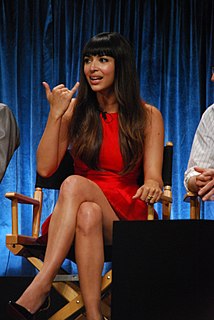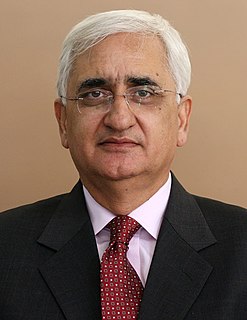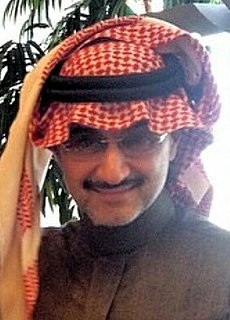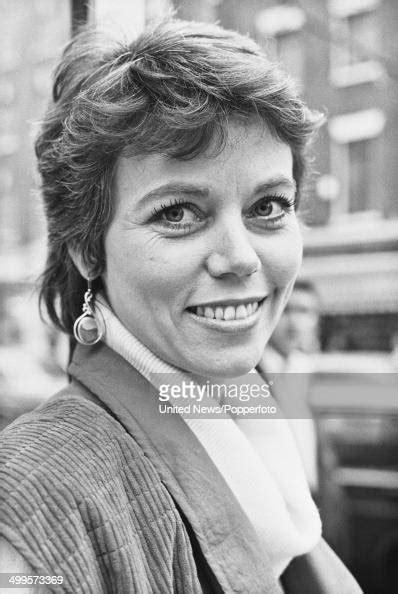A Quote by Hannah Simone
I grew up in Saudi Arabia and India and Cyprus, and I lived in a war-zone myself, and, I mean, I had a pretty bizarre, I guess, nomadic childhood, and so I was really drawn to international relations and political science.
Related Quotes
I move countries every three or four years. I was born in London, and we lived in Canada. Then we lived in Saudi Arabia until the Gulf War broke out, when we were forced to leave. Then we hop-scotched for a while from Holland back to Canada back to Saudi Arabia. Then there was D-day, so we had to get out again.
India considers Saudi Arabia a center of stability in the region. The security and stability of the Gulf region and that of the Indian subcontinent are interlinked. Bilateral security cooperation between India and Saudi Arabia will contribute to regional stability and in addressing the common threat of terrorism in the region.
Pretty That's what I am, I guess. I mean, people have been telling me that's what I am since I was two. Maybe younger. Pretty as a picture. (Who wants to be a cliché?) Pretty as an angel. (Can you see them?) Pretty as a butterfly. (But isn't that really just a glam bug?) Cliché, invisible, or insectlike, I grew up knowing I was pretty and believing everything good about me had to do with how I looked. The mirror was my best friend. Until it started telling me I wasn't really pretty enough.






























